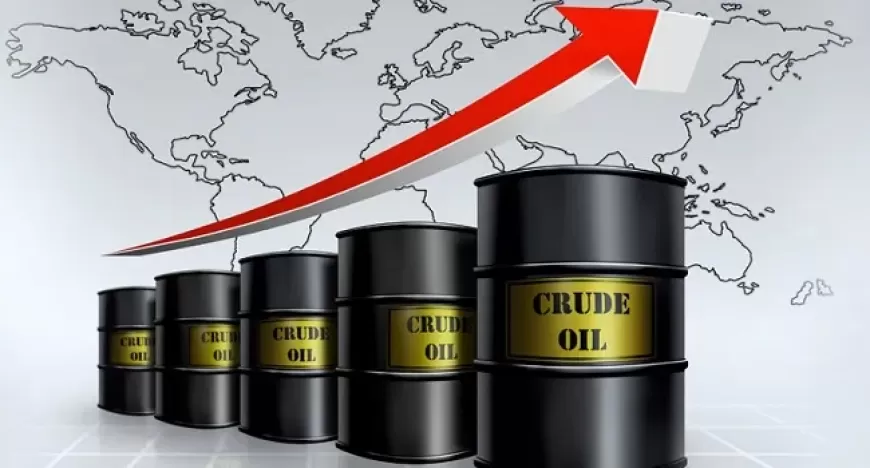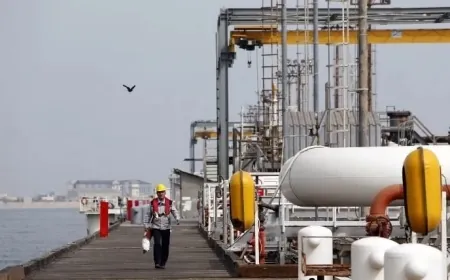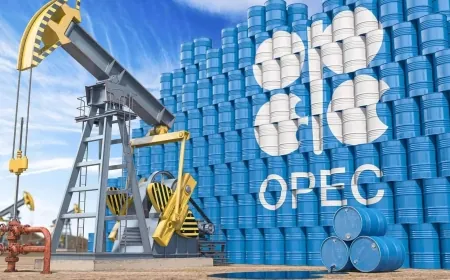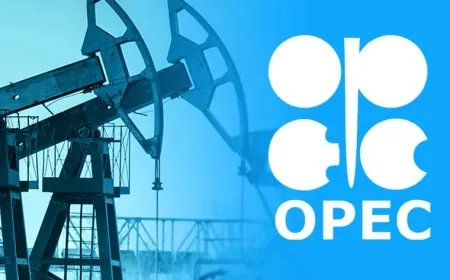Oil Prices Set to Rise as Tensions Escalate in the Middle East
With rising tensions in the Middle East, oil prices are climbing. Key players like Exxon and Chevron are likely to benefit from this surge

The oil market is experiencing a significant boost as crude oil futures surged by 9% last week, marking the largest weekly increase since March 2023. This spike is largely attributed to escalating conflicts in the Middle East, particularly Israel's firm stance to retaliate against Iran following a missile attack. As a result, many traders are now betting that oil prices could reach $100 a barrel, with bullish expectations for Brent crude climbing to a five-week high.
Understanding the Supply Risk
Claudio Galimberti from Rystad Energy emphasizes that traders are increasingly recognizing the risk of major supply disruptions due to these tensions, which he describes as being at “one of the highest levels in four decades.” Iran, a key player in the global oil scene, produces over three million barrels of oil daily. This potential threat to supply could create upward pressure on prices, according to Bill Baruch from Blue Line Futures.
“This situation could dramatically push crude oil prices higher, and that would be a game changer,” Baruch cautioned.
Smart Investments in Oil Stocks
For investors looking to safeguard against potential supply disruptions, Galimberti suggests keeping an eye on major oil companies like Exxon Mobil (XOM), Chevron (CVX), and Shell (SHEL). These companies are well-positioned to benefit from rising oil prices due to their limited exposure to the Middle East.
Recent stock movements indicate that Wall Street shares this outlook. Exxon’s stock soared by 7.8%, hitting an all-time high, while Chevron's shares increased by 3.6%.
The Strait of Hormuz: A Key Concern
Experts are closely monitoring the risk of a broader conflict, particularly regarding the potential blockage of the Strait of Hormuz. This vital waterway is crucial for global oil trade, accounting for nearly 30% of it.
Goldman Sachs analyst Jenny Grimberg has echoed concerns about possible disruptions to energy supplies. If the Strait of Hormuz were to close, we could see oil prices rise sharply, which might lead to higher inflation and a slowdown in economic growth.
Goldman estimates that Brent crude prices could peak around $90 per barrel if OPEC swiftly addresses a potential loss of two million barrels per day over six months. However, without OPEC’s intervention, prices may reach the mid-$90s.
Implications for Investors and Markets
The potential for rising oil prices and the instability in the Middle East could have significant implications for investors. Paul Christopher from Wells Fargo Investment Institute warns that a wider conflict may prompt investors to reposition their assets into “safe havens,” such as the U.S. dollar, Japanese yen, and Swiss franc. This shift could lead to higher commodity prices and increased demand for 10-year U.S. Treasury notes, while equity markets may experience declines.
As geopolitical tensions continue to rise, the oil market and stock performance will be under close scrutiny in the days ahead.
Also Read: Oil Prices Surge Significantly Due to Growing Tensions in the Middle East
































































